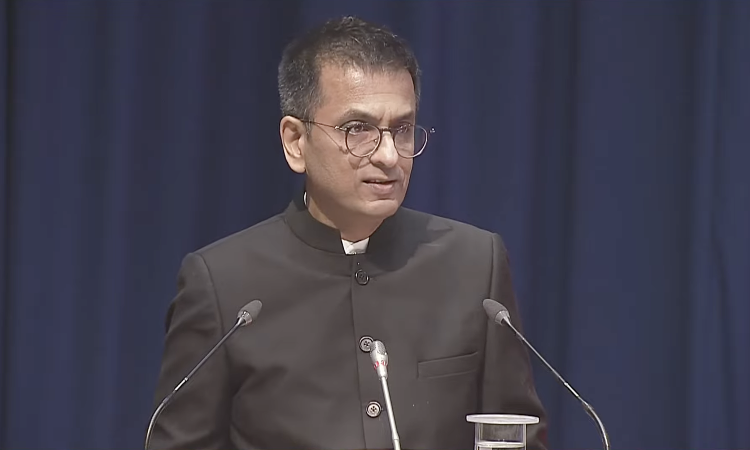The Chief Justice of India Dr. D. Y. Chandrachud today gave a keynote speech at the inaugural ceremony of the two-days National Annual Stakeholders Consultation on Child Protection organised by the Supreme Court Committee on Juvenile Justice which is headed by Justice S. Ravindra Bhat.The Chief Justice of India started his address by quoting Nelson Mandela that, "There can be no...

